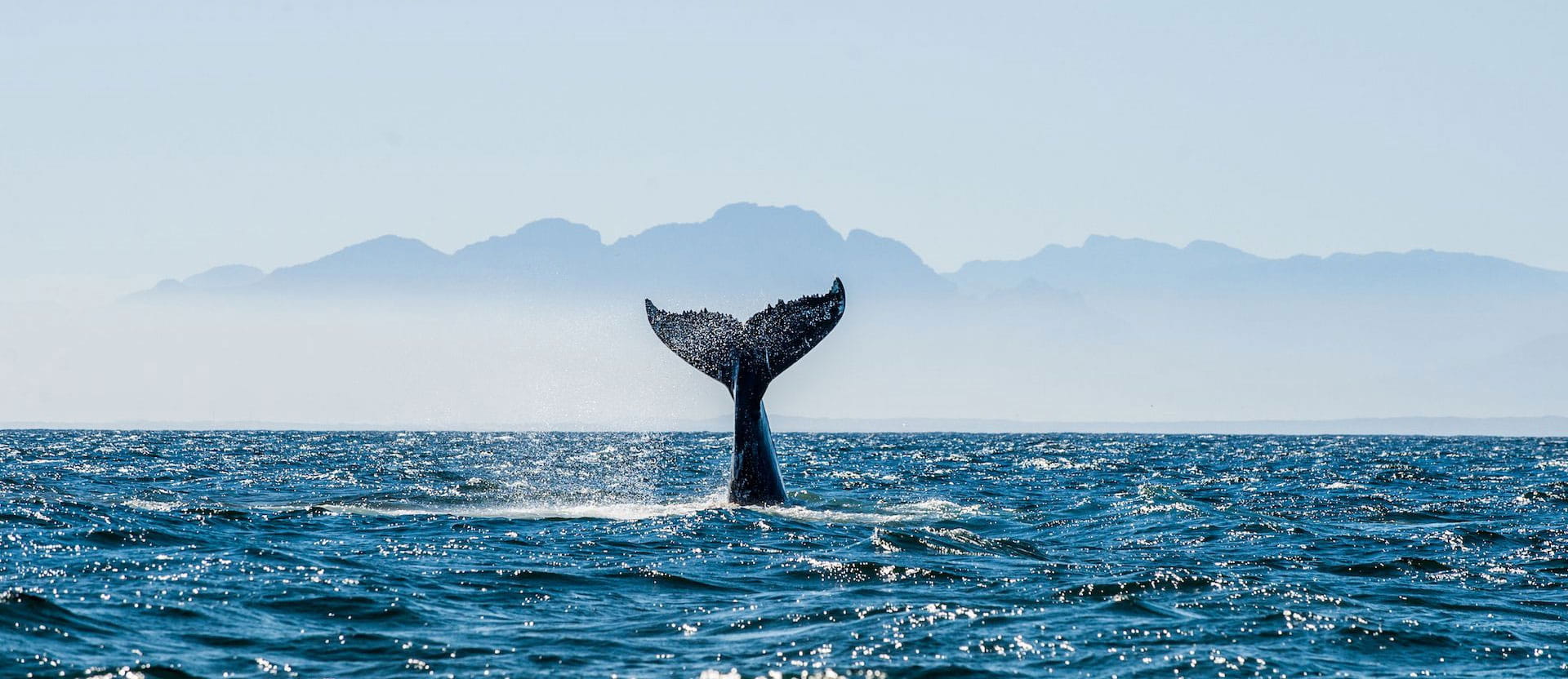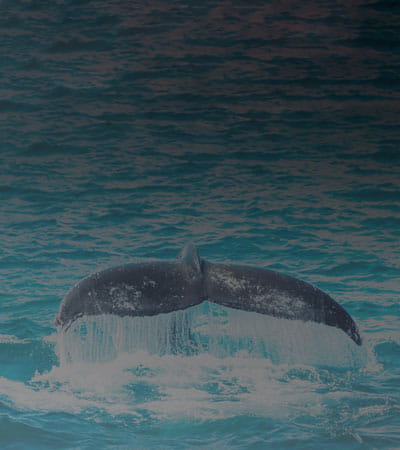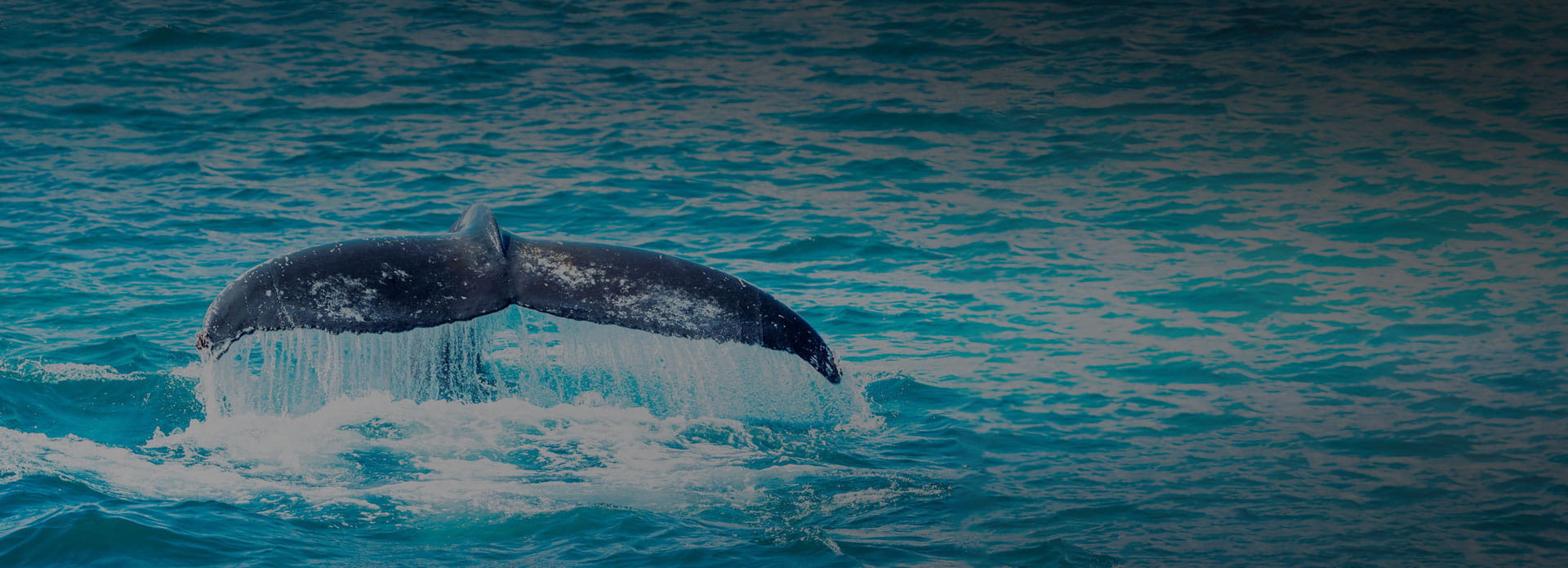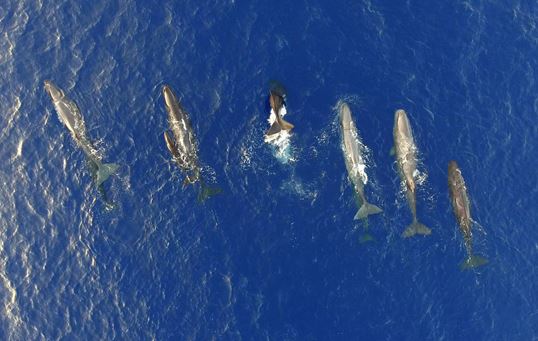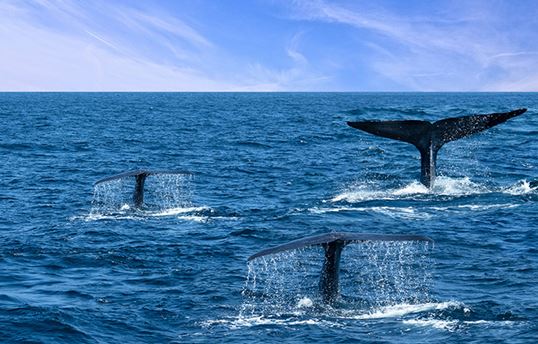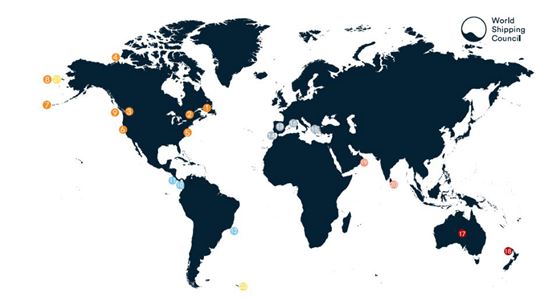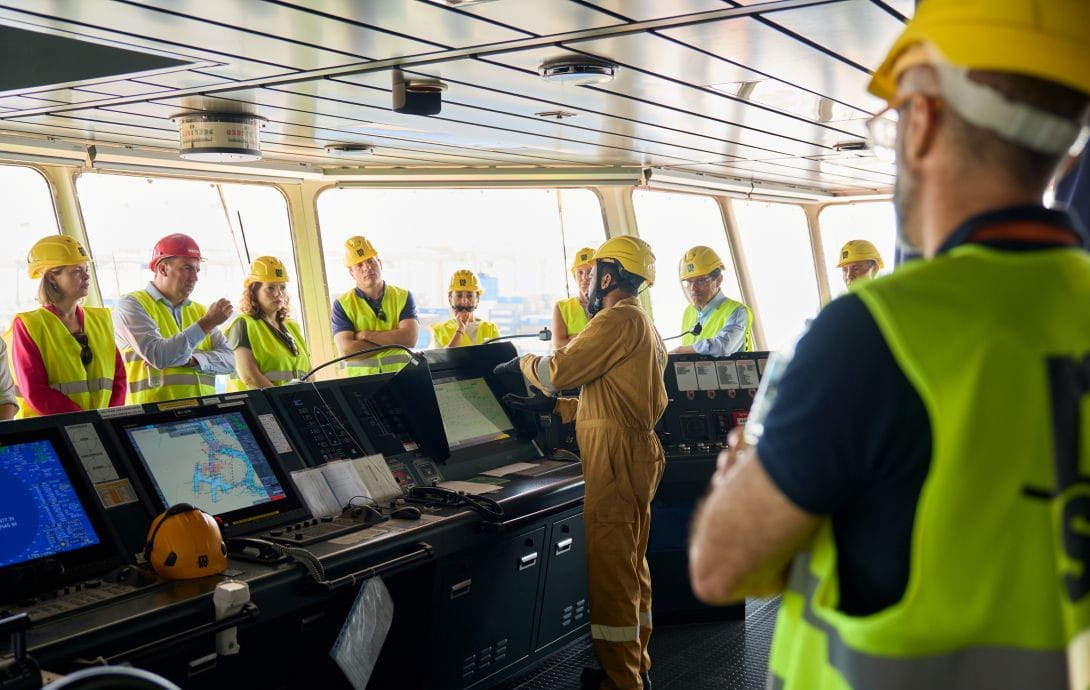Why Whales Matter
Whales are vital to ocean health, biodiversity and our climate. Whales support biodiversity and help ensure the long-term balance of marine ecosystems. They also play a key role in combating climate change, capturing carbon dioxide from the atmosphere and storing it within the ocean floor at end-of-life.
Protecting whales requires collective effort. MSC collaborates with whale experts, governments and industry peers, collectively advocating for the adoption of proven measures to prevent collisions and reduce underwater noise. By working together, the industry can deliver meaningful, lasting results.
We Lead with Tangible and Measurable Actions
As part of our fundamental sustainability priority ‘Protecting our blue planet,’ MSC is dedicated to ‘Protecting biodiversity and life below water and on land.’ This deep commitment is rooted in our nautical heritage and genuine passion for the sea. We recognize the environmental impact ocean freight can have and we are dedicated to minimizing our impact on all marine wildlife, including whales. That’s why MSC is leading efforts within the maritime industry to reduce the risk of whale strikes. Please find below some examples of key projects and partnerships.
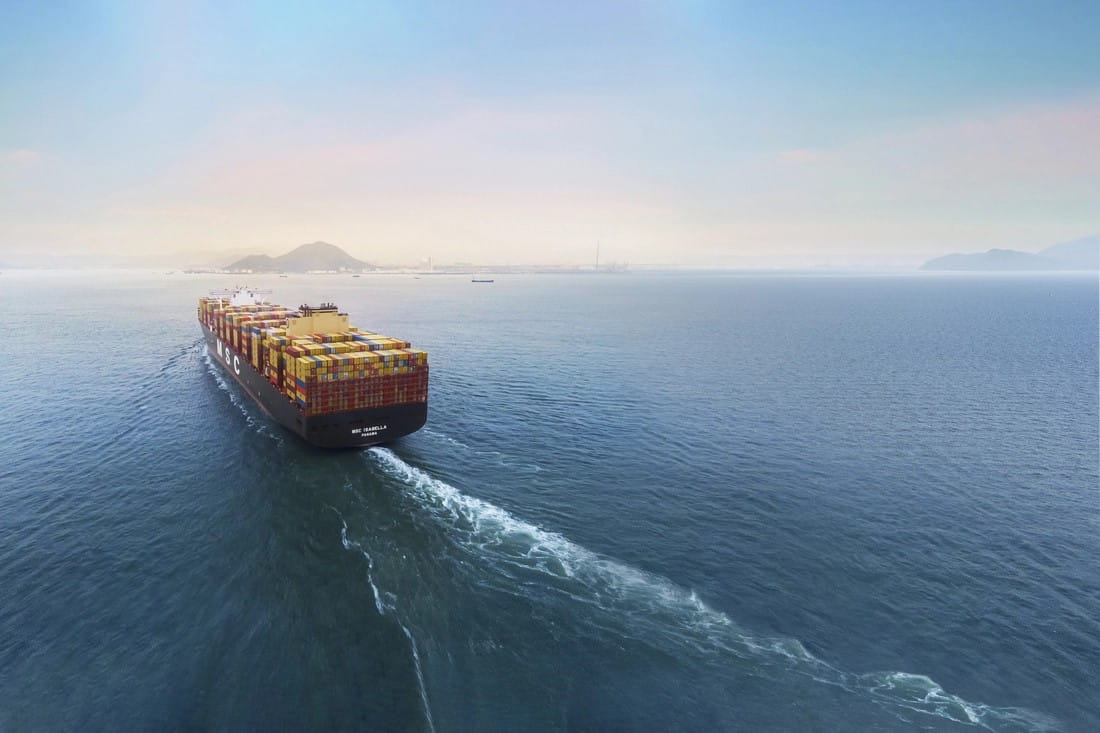
Rerouting Initiatives
MSC was the first in the industry to reroute ships off critical whale habitats off the coasts of Greece and Sri Lanka. In 2024 alone, 570 vessel routes were adjusted.
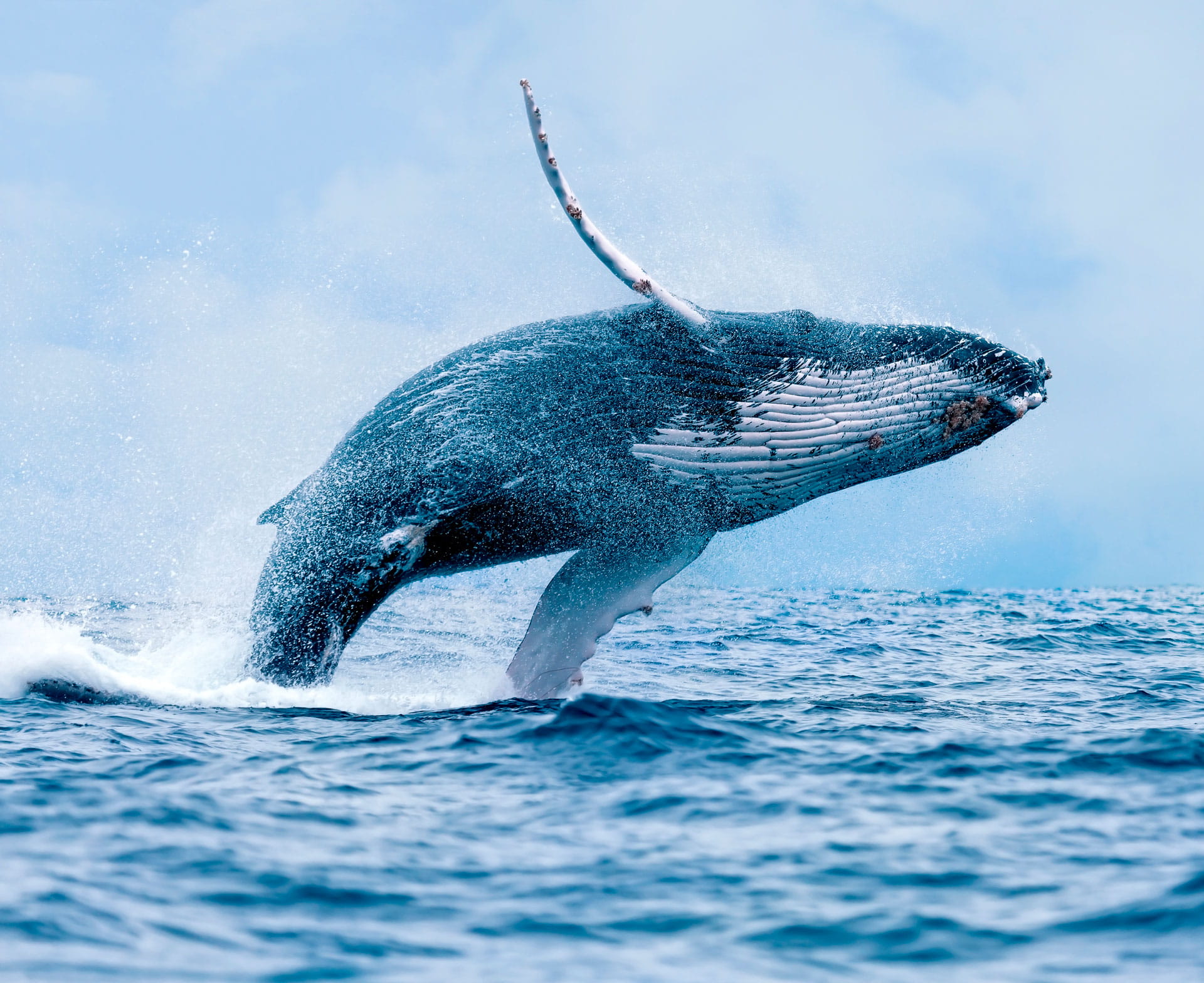
Reducing speed
MSC actively participates in both mandatory and voluntary speed reduction programmes, significantly lowering underwater noise and reducing our impact on whales.
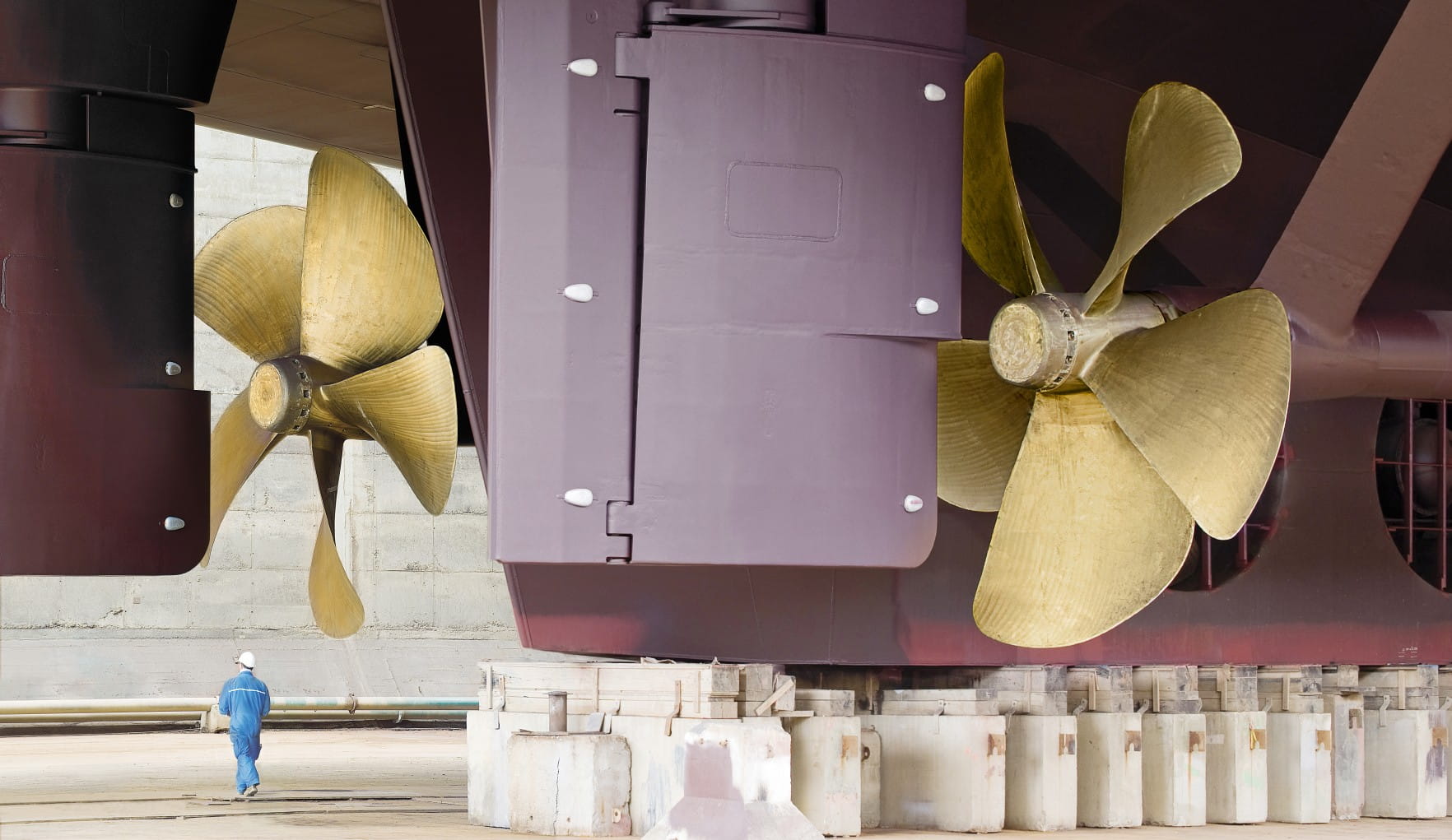
Reducing noise emissions
MSC minimizes underwater noise by optimizing the design of newbuildings and retrofitting of existing ships through the installation of propellers that improve the flow of water around the ship.
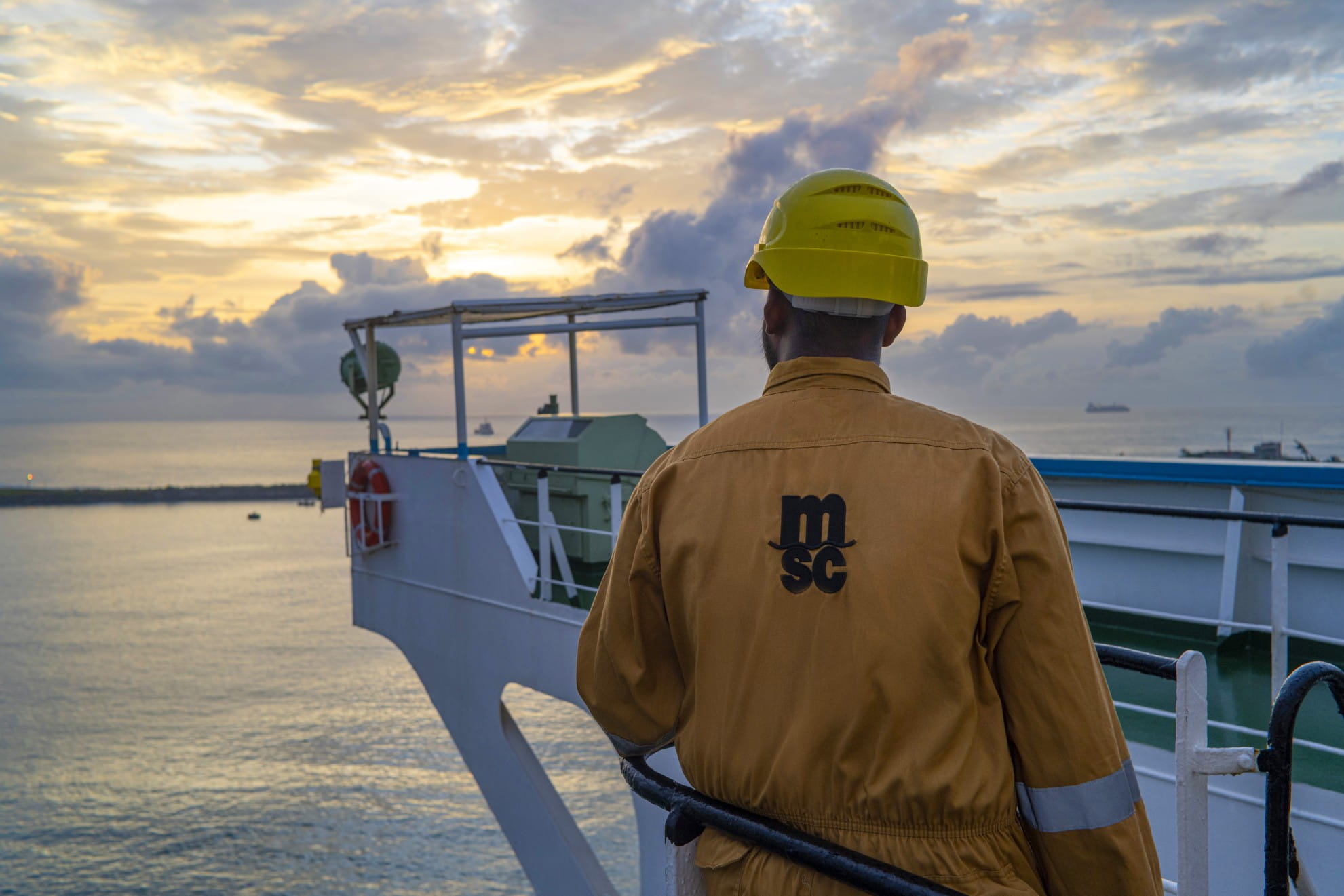
Crew training
Training and awareness-raising of our crew enhances detection of whales at sea.
So, safeguarding whales is not just about protecting a single endangered species – it’s about ensuring the health of our oceans and the vital ecosystems they support.
A Collective Effort
In 2023, MSC hosted the International Whale Protection Workshop and in 2024 we hosted the International Fund for Animal Welfare (IFAW)’s first roundtable on the topic of underwater noise and ship strikes.
As part of the WSC Whale Navigation Group, we also support the WSC Whale Chart: a navigational aid for seafarers mapping all mandatory and voluntary governmental measures to reduce risk of collisions.
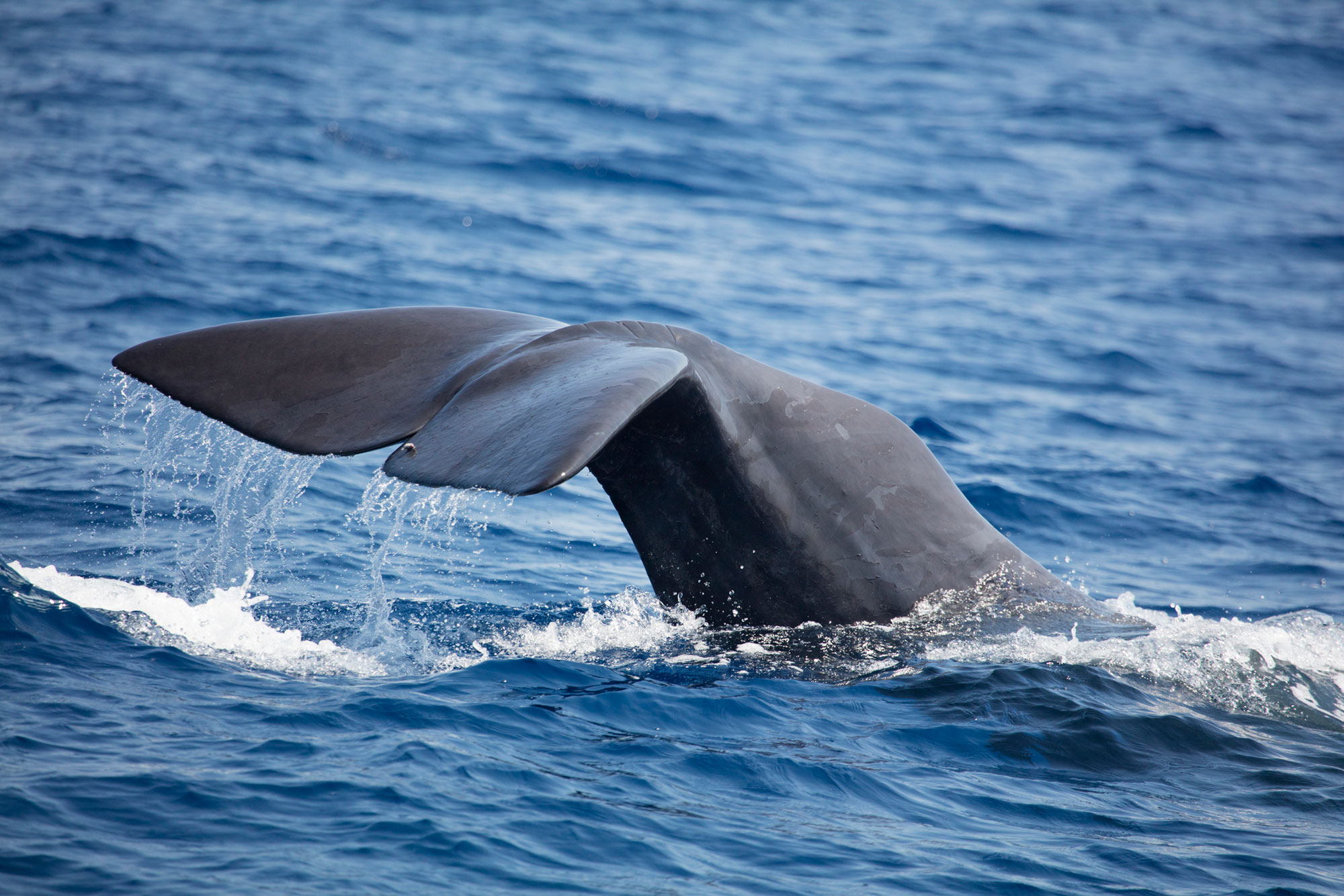
Protecting Marine Life
Our participation in the 2024–2025 Quiet Sound initiative in Admiralty Inlet and north Puget Sound (USA) had a 94% compliance rate, lowering underwater noise and protecting the remaining Southern Resident killer whale populations. We were also awarded grade A by Whale Safe for 93.3% compliance with the US National Oceanic and Atmospheric Administration’s (NOAA) 2024 voluntary speed restriction season in the Santa Barbara Channel and the San Francisco region.
Protecting Marine Life

Our participation in the 2024–2025 Quiet Sound initiative in Admiralty Inlet and north Puget Sound (USA) had a 94% compliance rate, lowering underwater noise and protecting the remaining Southern Resident killer whale populations. We were also awarded grade A by Whale Safe for 93.3% compliance with the US National Oceanic and Atmospheric Administration’s (NOAA) 2024 voluntary speed restriction season in the Santa Barbara Channel and the San Francisco region.
